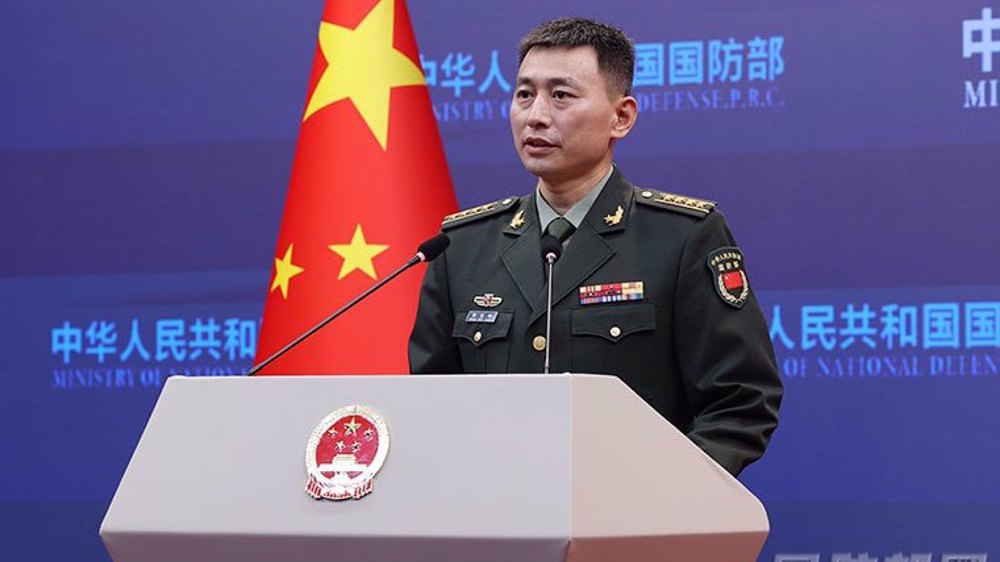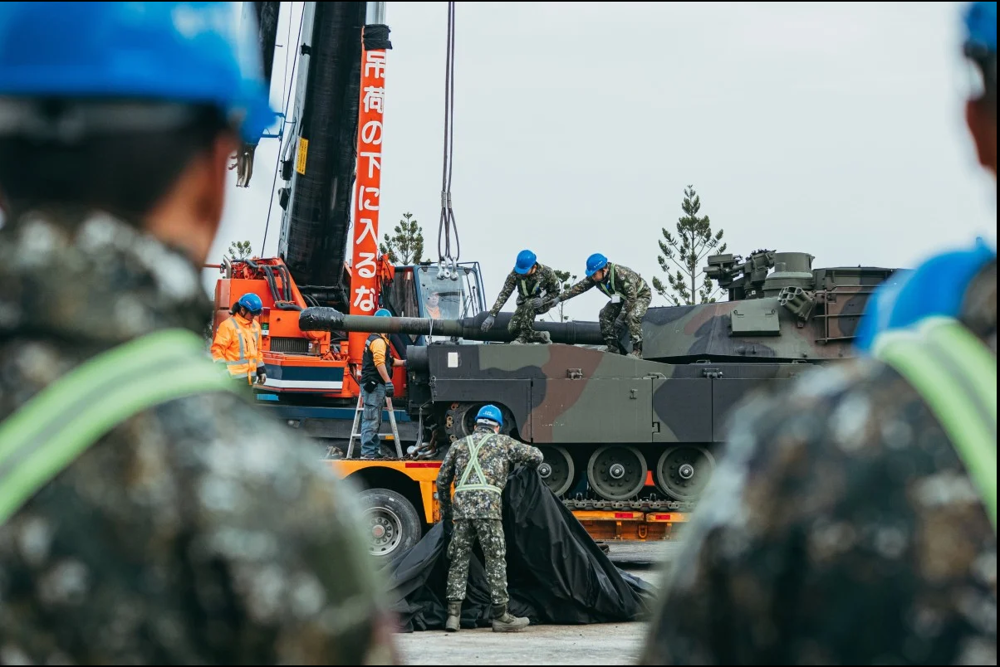Japan warns China over ‘coercive’ actions in disputed waters
Japan has slammed what it called China’s “coercive” measures in the South China Sea, warning that Beijing’s resolve to push ahead with its “unilateral demands” in the disputed waters could have “unintended consequences.”
In an annual defense review released on Tuesday, the government in Tokyo expressed “deep concern” over Beijing’s “assertive disregard of international rules.”
“China is poised to fulfill its unilateral demands without compromise,” said the review, which was approved by Prime Minister Shinzo Abe.
In 484 pages, Tokyo urged Beijing to accept a recent international arbitration ruling, which dismissed China’s sweeping claims in the South China Sea.
Beijing claims almost all of the South China Sea, which is also claimed in part by Taiwan, Brunei, Vietnam, Malaysia and the Philippines. The contested waters are believed to be rich in oil and gas.
The Hague-based Permanent Court of Arbitration ruled last month that China’s claims to sovereignty over the disputed areas in the sea or its resources “had no legal basis,” in a case brought by the Philippines.
The tribunal also accused Beijing of violating the Philippines’ economic and sovereign rights.
China, however, rejected the ruling, saying the court has no jurisdiction over the dispute. The country has asked the Philippines to solve the territorial issue bilaterally.

Japan has no claims in the South China Sea, but it has expressed worries about Beijing’s influence in a region through which $5 trillion in trade passes every year, much of it to and from Japanese ports.
Tokoyo is locked in a separate territorial row with Beijing on an uninhabited yet strategically-important island group in the East China Sea.
Tensions grew between the two sides after Tokyo nationalized part of the resource-rich islands in 2012.
In its report, Japan claimed that China’s activities in the East China Sea caused Tokyo to scramble warplanes to the area more than 570 times last year.
Earlier this month, China’s Defense Ministry said in a statement that two Japanese jets had taken “provocative” actions near a pair of Chinese jets in the East China Sea on June 17.
The Chinese aircraft had been on routine patrol there when they were met with the Japanese jets, said the statement, adding that the Chinese jets responded “decisively.”
Dec. 22: ‘Axis of Resistance’ operations against Israeli occupation
‘Abhorrent’: Oxfam says only 12 trucks delivered aid in North Gaza since Oct.
VIDEO | Leader receives religious eulogists on Hazrat Fatima birth anniv.
Pope Francis slams Israel’s ‘machine-gunning’ of Gaza children
US hostage-taking of Iranian nationals violation of intl. law: Deputy FM
VIDEO | Carol Singers for Palestine on London’s Parliament Square
Ansarullah says ‘Israeli terrorists’ incapable of confronting Yemen, warns of secret weapons
VIDEO | Yemenis praise the military for its successful operations against Israel













 This makes it easy to access the Press TV website
This makes it easy to access the Press TV website